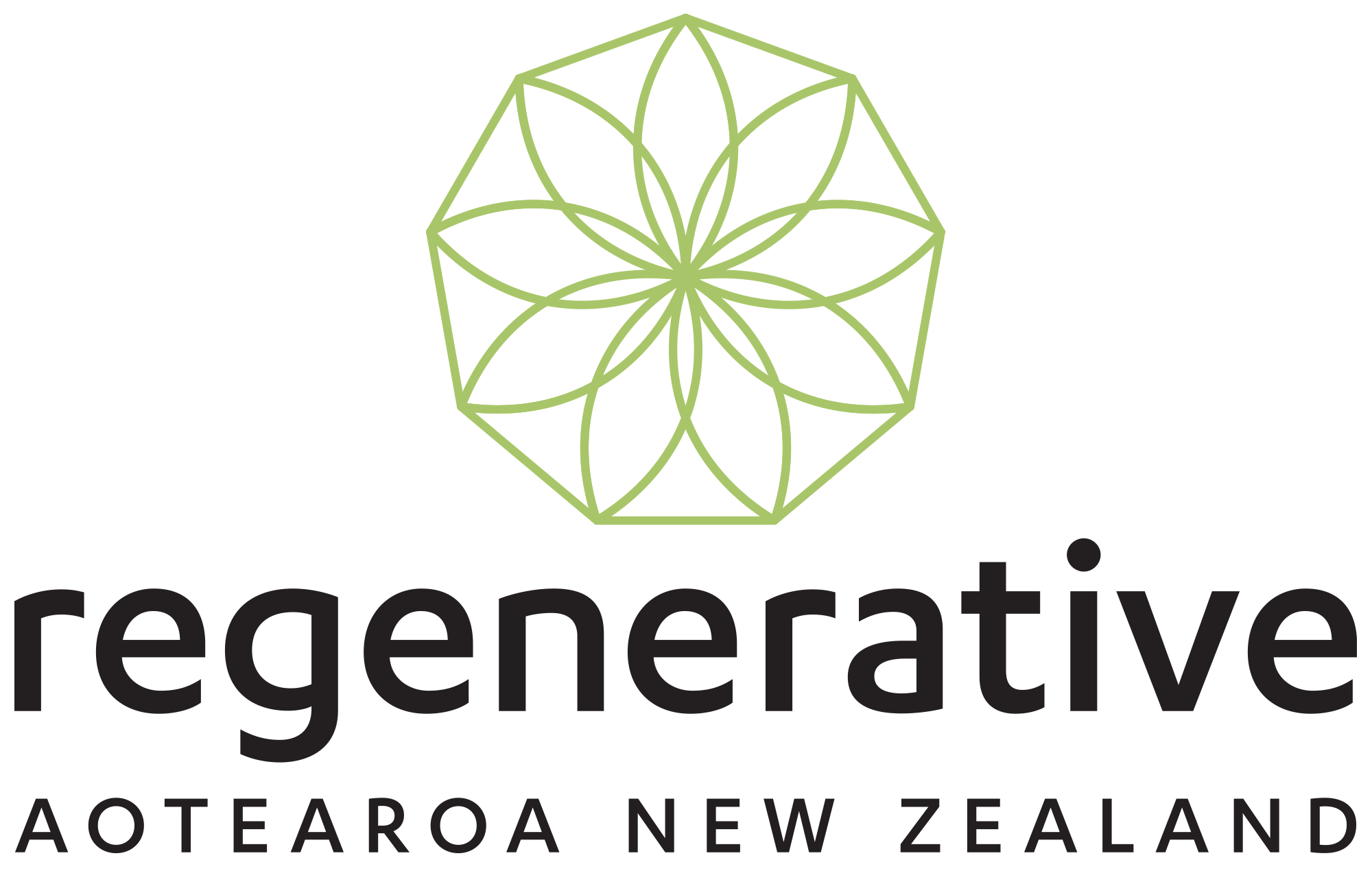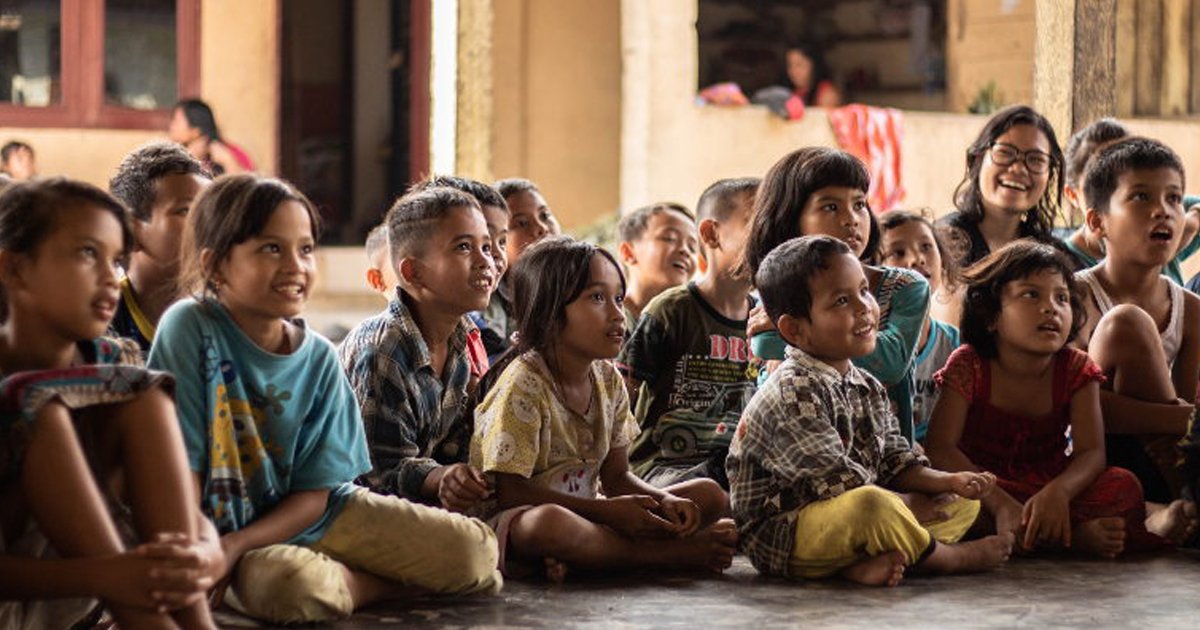The current education paradigm holds the idea that the sole purpose of education is to educate individuals within their particular society, to prepare and train them for work in an economy that integrates people into the national cultural reality and passes on to them the values and morals of that society. In Carol Sanford’s critical analysis: “The Role of education is the means of socializing individuals and to keep society running smoothly and remain stable.” In other words, to form people who conform to the ruling class of their respective societies.
This theory has dominated modern culture and defined the social rules of nations for the last 200 years or more.
There is an emerging new theory of education that we at Gaia Education espouse and are dedicated to developing further. An education that serves people and the planet as we move into a new environmental reality, with its accompanying social shifts, economic transformation and understanding of who we are as a species and an individual.
Daniel Wahl describes this new education paradigm this way: “Education for regenerative cultures is about the life-long process of enabling and building the capacity of everyone to express their unique potential to serve their community and the planet and in the process serve themselves.”
Why Regenerative Education?
Regenerative — committed to realizing the evolutionary potential of life. Carol Sanford
Based on this new thinking, we can say that Regenerative Education aims to:
- Progressively improve the whole individual (body, mind, and spirit)
- Express the essence of the individual and the learner’s innate potential embedded in the larger reality they inhabit
- Continually cultivate just and reciprocal relationships with other individuals, communities and nature
- Honour the interconnected and mutually influential relationship between people and the ecosystem where they live
- Promote justice, equity, compassion and cooperation
- Honor the uniqueness and expression of each person
- Look to the past and the future, our elders and our youth, for wisdom in order to bridge the inter-generational gap
- Look to uplift every person in order to create conditions for “peace and prosperity” for everyone.
- Reward diversity, inclusivity, generosity, creativity, innovation and the fruits of our collective intelligence
- Understand that life is iterative and ever-changing, that change is the only constant, that evolution has gotten us where we are today
In order to bring about this new educational paradigm, we have to accept that “Culture” cannot be looked at as “a monoculture,” grown from the same seed, under similar conditions and giving the same results everywhere. We have to first understand and dismantle the colonial/patriarchal mindset that treats people, resources, and the Earth itself as commodities to be extracted by those in power who control the inputs and outcomes of our own lives.
Again, Carol Sanford provides some guidance to what the principles of a regenerative education could look like. She provides 7 principles for regenerative education, which I summarize here:
1 – The regenerative work is to be the integrated work of educators and systems, providing the ableness required to do nothing short of transforming whole societies and evolving all the systems within them to meet the new global imperatives. But just relabeling it does not ensure it meets the new purpose of enabling a transforming society and evolving the systems in it.
2 – The education system must design and develop an infrastructure that makes self-initiated new direction and contribution possible, inside the value adding process of the learning context. This means there are no generic assignments from others, no external grades, no pre-formatting of the results. It must be fully-self-directed to wake up and nourish the essence of each individual.
3 – Learners come to see potential in themselves, uniquely, that they had not seen before. They have to see that they can make a huge difference in the life of their communities, nation, and planet — even when very young… regenerative education aims to understand the learner so well and how they live, their aspirations to live, that we can see a void in their ableness that needs to be filled. Educators must be able to support them, to be a resource on the learner’s path to pursue and achieve that promise. And to help design and deliver what the learner has now specified they need to learn. Educators become great experiential designers for learners.

